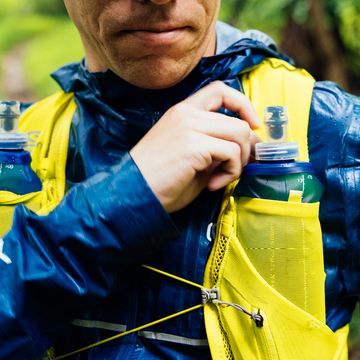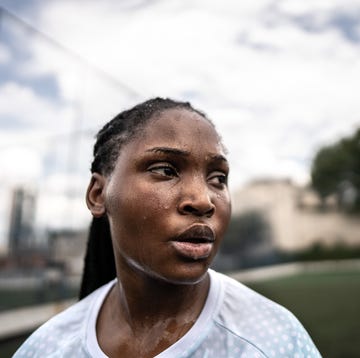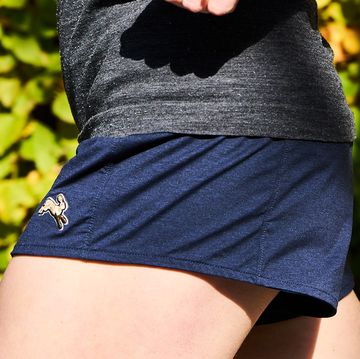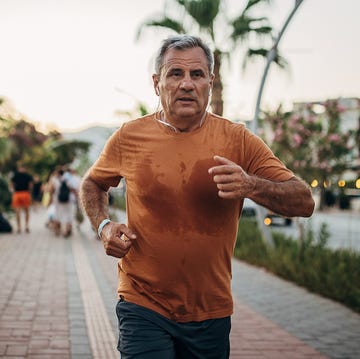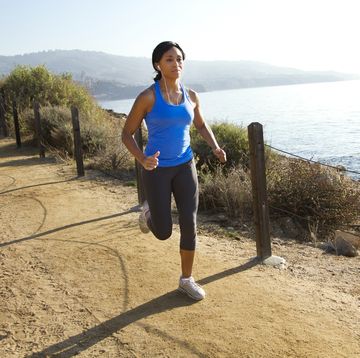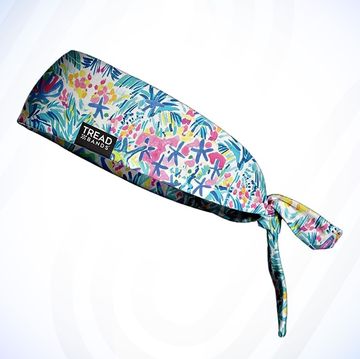Help! I started running January 1, and everything was going great. I ran a 5K in March, another one in April, and planned to run a 10K in June—until it got hot! I am having a terrible time running in the heat. I have slowed down considerably and feel terrible. What is going on? Is there anything I can do to make running in the heat more tolerable?
Sarah
Welcome to summer! Understanding how your body cools itself may help you figure out how best to run in hot weather.
When you run, you get warm because your exercising muscles increase body temperature. When body temperature rises, a greater percentage of blood flow is directed to your skin surface in order to carry away this internal heat, and you break a sweat. However, it is not sweating that cools you, but rather the evaporation of the sweat from your skin. As sweat evaporates, we are cooled.
Along with higher temperatures, summer weather usually means high humidity. Heat and humidity are a double-whammy. The higher the humidity, the more saturated the air is with water, and the harder it is for you to cool off because sweat simply cannot evaporate due to the already saturated air.
Since sweat is composed of plasma from your blood, sweating can decrease blood volume. This is why adequate hydration becomes extremely important in hot weather. You are also losing electrolytes in your sweat, so consuming a sports drink or taking an electrolyte supplement can be vital.
As blood flow is redirected to the skin's surface, it means less blood is available to your working muscles. With less blood available, the heart is forced to work harder to sustain hard running, and the result is a higher heart rate. Simply put, warm, humid weather means your usual run pace has just become much harder.
This also means you will go through carbohydrate stores faster than usual and you are more likely to accumulate a higher level of blood lactate, too.
CA Notice at Collection:
- CA Notice at Collection.
- Published: May 28, 2015 9:19 AM EDT.
- What to Know About Running in the Heat.
- Wear loose fitting, light-colored, tech clothing that wicks away sweat and dries quickly.
- Consume adequate amounts of water and sports drink. (You can try these 6 DAA Industry Opt Out.)
- Avoid getting sunburned because injured skin loses its’ ability to sweat, making cooling less efficient.
- Slow your run pace down to adjust for heat and humidity.
- Running Shoes - Gear.
- Run by feel or Perceived Exertion level rather than pace. If a run feels hard, it is hard regardless of actual pace.
- It's fine to use the treadmill for some runs when the weather is really bad. Running two or three times a week outdoors is enough to keep you heat acclimated.

Susan Paul has coached more than 2,000 runners and is an exercise physiologist and program director for the Orlando Track Shack Foundation. For more information, visit www.trackshack.com.


